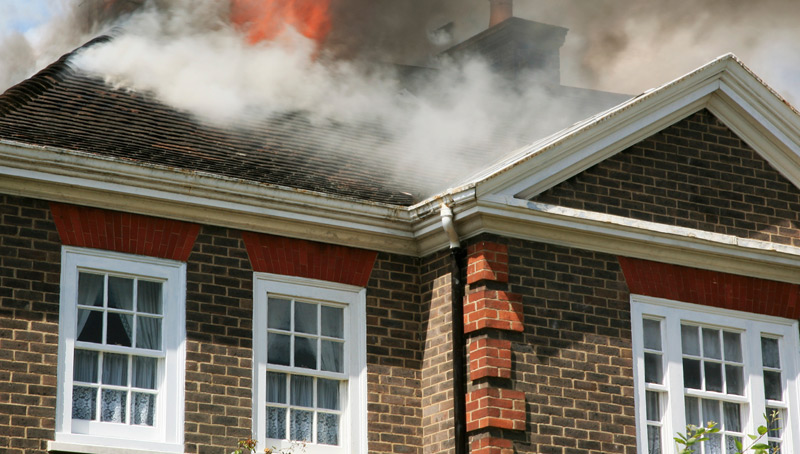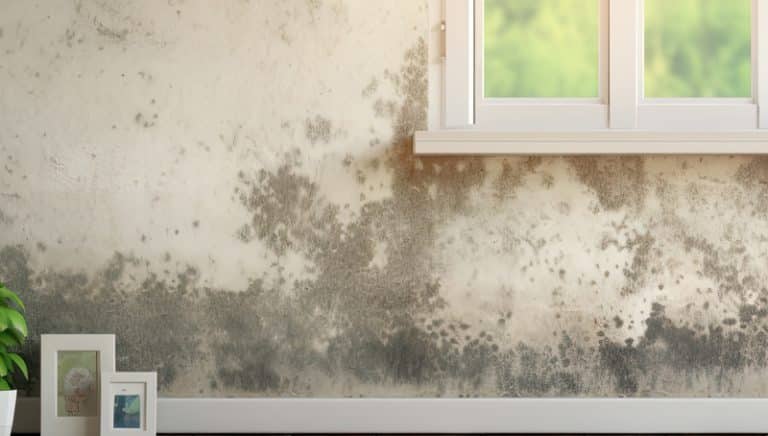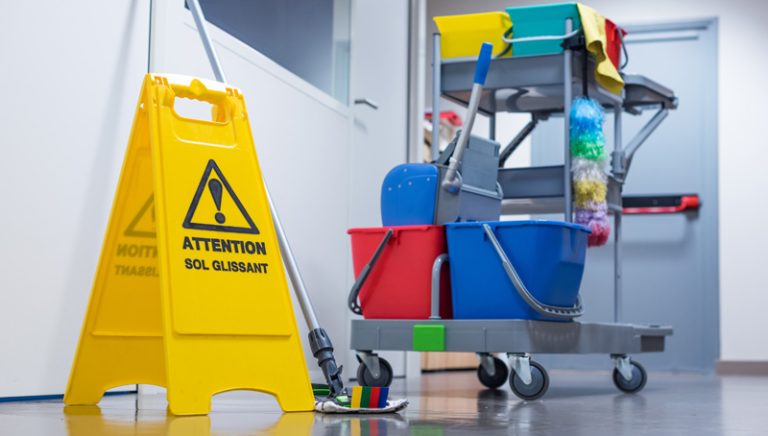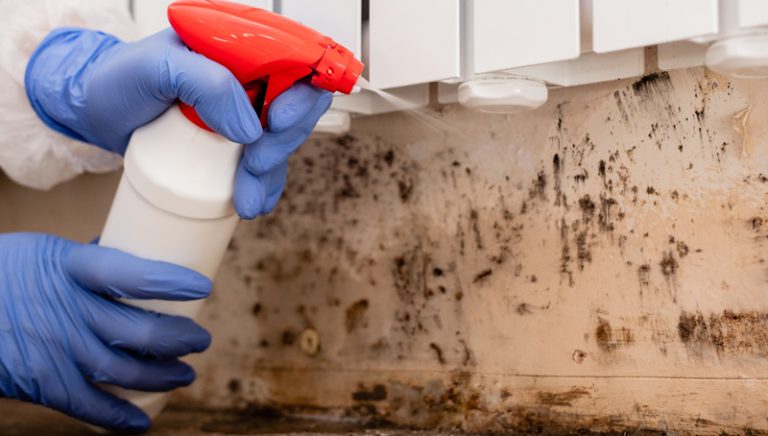You might be looking for a home that underwent fire damages when you’re looking to buy property, because these homes are typically low budget and easy to buy. However, there are a couple of things you should keep in mind before you sign the final documents. Homes like this can have different kinds of fire damages, and while some level of damage might seem like a good investment, in other cases, it may be a very costly decision for you. The best way to deal with this dilemma is to simply evaluate the pros and cons of buying damaged homes.
The pros of buying a home that underwent fire damages
The biggest and most alluring pro to buying a home that comes with fire damages is that these homes are often inexpensive and easy to buy. If the fire damages happened recently, the cost of repairing the damages will be low. Which means that you’ll be able to buy a home at a lowered price, and the repairs won’t cost you as much as they normally would. As a result, home like this can look very appealing to the average person interested in purchasing property – it’s cost effective and also a great deal.
However, before you buy the home, also make sure that the other aspects of the home are also being taken into consideration. When most people buy homes, they inevitably come across one or two problems that will need some attention and repairs. So make sure you factor in those extra repairs when it comes to the total cost of the home. However, this will also give you the opportunity to essentially redesign some of the space in your home.
The cons of buying a home that underwent fire damages
Before the buying of the home, you will need to make inquiries about certain things. For example, you will need to know the extent of the fire damage – where did the fire start, where it travelled to, how much time has passed since the fire, whether the fire affected the structural integrity of the home, and whether or not any attempt was made to repair the damages from the fire. The biggest problem you have in this situation is how much you don’t know about the house, which is a serious drawback.
The home will also need to be properly assessed by a home inspector or structural engineer so they can explain to you the extent of the damages. They will be looking out for marks or scorching or charring, any linger smells of smoke, and lingering smells of mold development, and distortion in the structure of the floors, doors, windows, or pipes. They will also keep an eye out for damages to your HVAC system, and they’ll check to see if any attempt at fire restoration was done.
Call up the professionals for help
It may be difficult for you to assess the extent of the damages on your own. This is why it is a good idea to call up your local restoration team. They can help you restore the home and help you decide whether the home is salvageable and cost effective for you to invest in.





